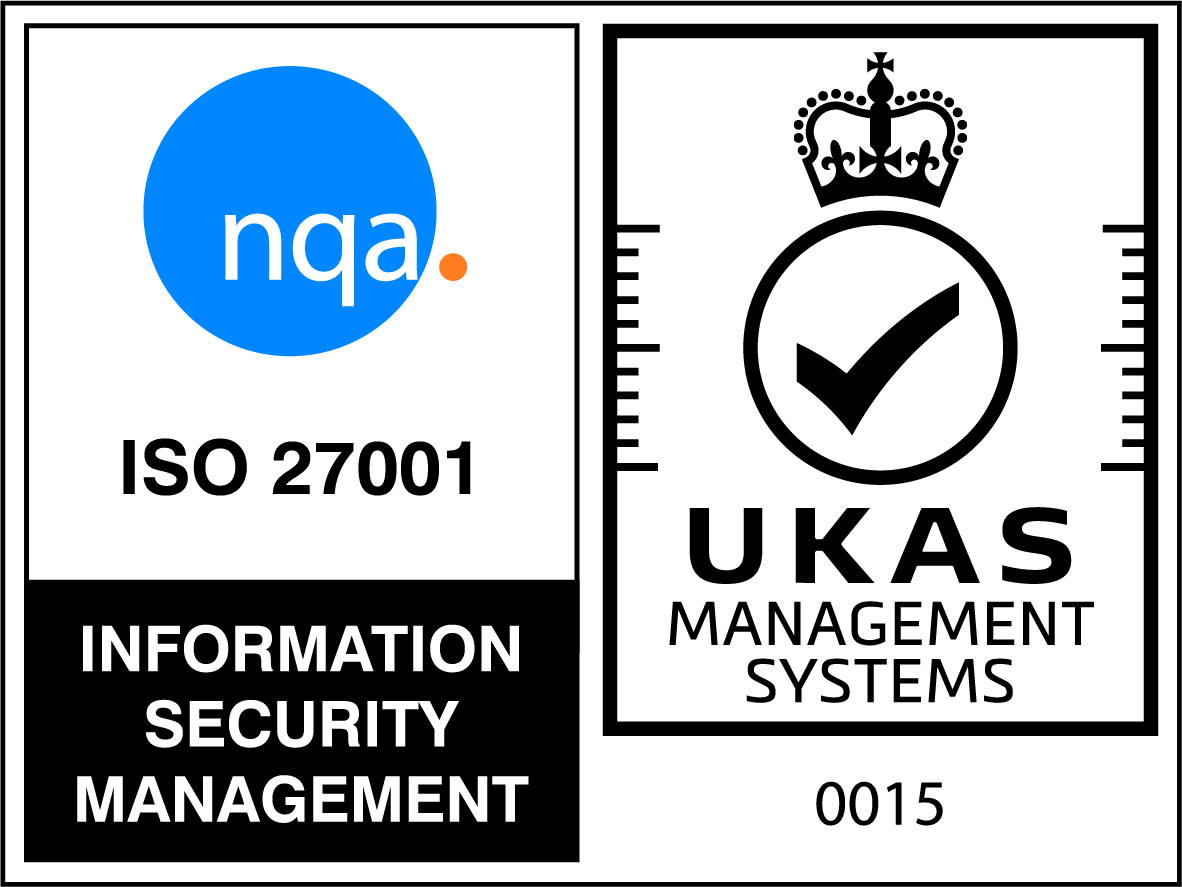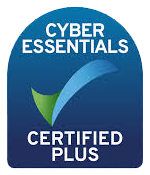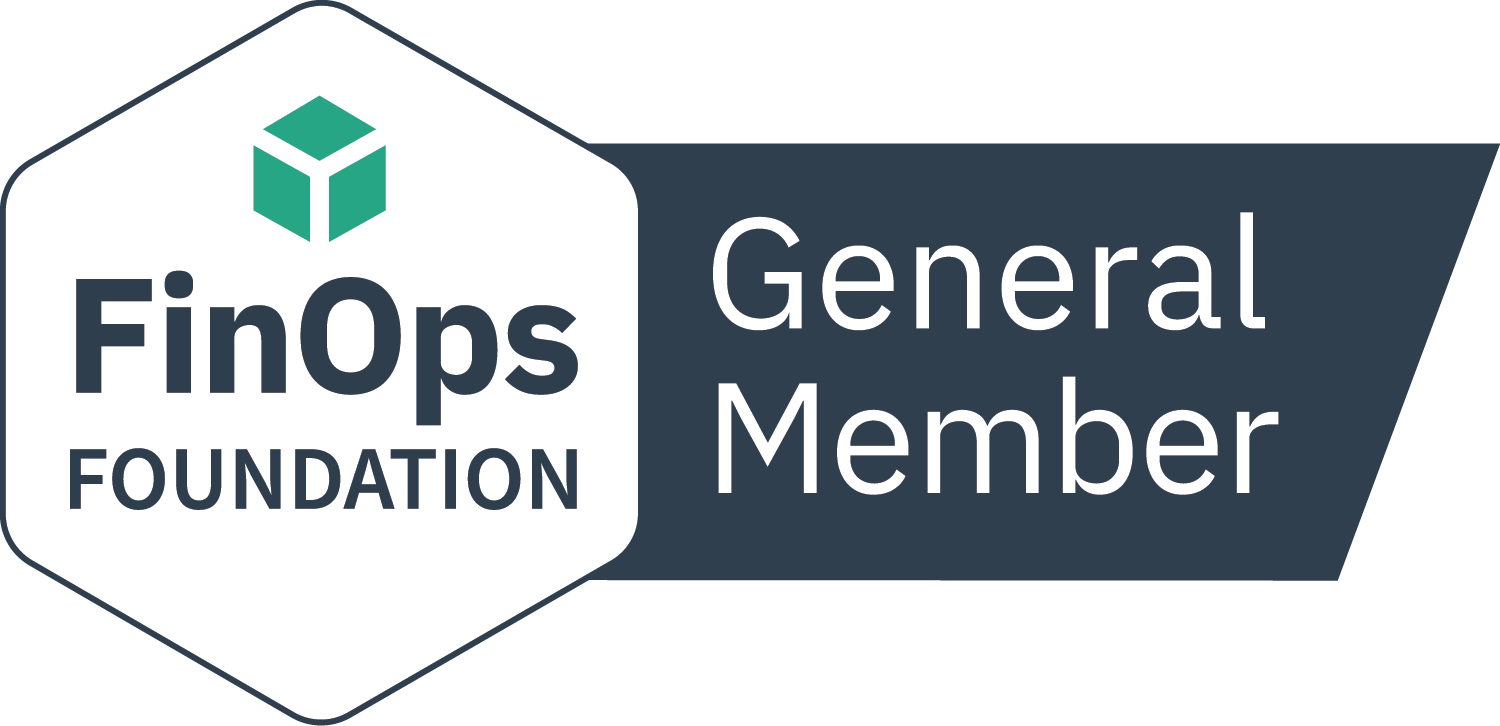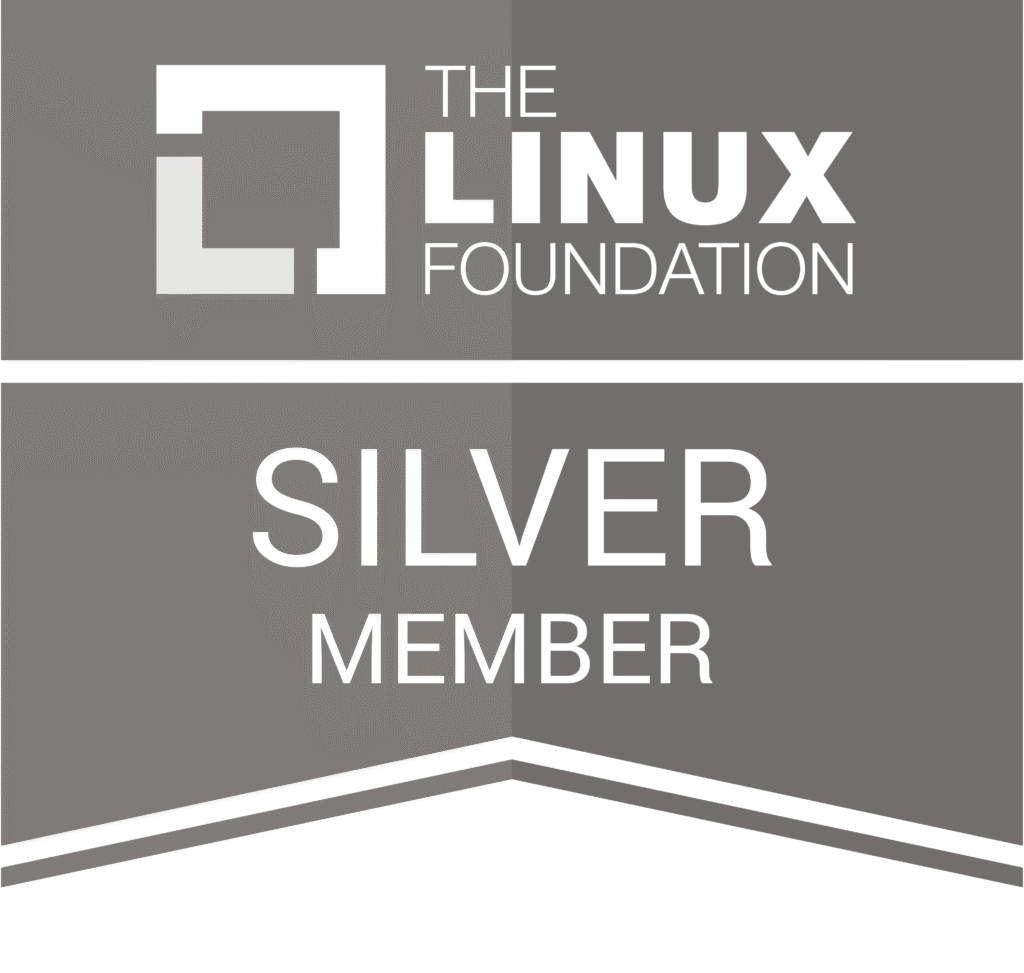The Oracle NFTC license is the license that can be used for Oracle JDK 17 and later releases. Subject to the conditions of the license, it permits “free” use for all users – even commercial and production use. Under this license, redistribution is also permitted as long as it is not for a fee. Let’s take a look at the terms;
“Oracle grants to You, as a recipient of this Program, subject to the conditions stated herein, a nonexclusive, non-transferable, limited license to:
internally use the unmodified Programs for the purposes of developing, testing, prototyping and demonstrating your applications, and running the Program for your own personal use or internal business operations; and redistribute the unmodified Program and Program Documentation, under the terms of this license, provided that you do not charge your licensees any fees associated with such distribution or use of the Program, including, without limitation, fees for products that include or are bundled with a copy of the Program or for services that involve the use of the distributed Program.”
Outside of these terms you would be required to pay for Commercial license use or a ‘My Oracle Support’ subscription.
The Oracle No-Fee Terms and Conditions (NFTC) license can be used for Oracle JDK 17 and later releases. Subject to the conditions of the license, it permits free use for all users – even commercial and production use. However, there are certain conditions that can make the licenses invalid. In this blog, Certero’s in-house Oracle licensing specialists outline when an NFTC license would not be valid.
When is an NFTC license not free?
When customer environments fall under the Oracle Binary License and Redistribution Agreement
An Oracle Binary License and Redistribution Agreement (BLRA) and Oracle Trademark License (TML) are required for commercial distribution rights when your “Programs” use of Oracle Java “Software” does not comply with the relevant Java licensing manuals. For more information about which rights are included in each version of Oracle Java, then more clarity can be found here. We also recommend saving local copies of your Oracle Java license agreements as they can be regularly replaced on the Oracle website for less favorable license terms.
When customers use ‘Commercial Features’
An Oracle NTFC license is also not valid where commercial features are being used as mentioned above; this would require them to pay an additional fee. Hosts which run “Commercial Features” continue to be subject to additional fees and an NFTC license will not cover this usage, as was the case with OTN licenses. Where this usage has been prior to the current subscription period, then customers should keep evidence to prove that licenses were procured for each subscription period within the usage period.
An example of commercial features would be where jRockit Mission Control (JMC), Advanced Management Console Agent or Usage tracker are enabled, then an ‘paid’ license is required for the specific host / environment.
It’s recommended to keep an ELP (Effective License Position) which reflects the annual subscription requirements. This should include detailed hosts and their attributed license requirements. This annual evidence should be kept safe, so it can be used to quantify any differences suggested by Oracle under an audit.
NFTC licenses and their nuances
This new Oracle no-fee terms and conditions license supports Oracle’s desire to periodically encourage customers on to new versions of Java. An NFTC license is only applicable where the installed version meets the NFTC rules as a particular version of Java will only be valid until one year after the next Long-Term Support version (LTS) is released.
As LTS versions occur every 2 years, then customers must schedule an upgrade of all hosts using NFTC licensing principles to continue to use and not pay under the subscription license model. Given Java’s release cadence, non-LTS releases will see license reversion after one year of the release. The scheduled upgrades must be completed within a 12-month period of the new LTS version being released (e.g. Version 17, 18, 19 & 20 must be upgraded to V21 between September 2023 and September 2024). Oracle explains in its FAQs. “After the free use license period, Oracle intends to use the OTN License, the same currently used for Java 8 and 11 LTS releases, for subsequent updates.” So updates are required to ensure you remain ‘free’.
Where a V17 or higher version is not upgraded to the newest LTS version within 12 months of its release date, then the customer will require to license under the new “Java SE Universal Subscription”. This stops customers from using older versions of Java, if they want to remain within the conditions of the NFTC license and don’t want to pay for the use of Oracle Java.
Non-LTS versions of Oracle Java are only supported from a bug and patch (including security) perspective for a 6 month period after their release (e.g.: V18, V19 & V20). Therefore, unless there is a business requirement to install that specific version then we would recommend that customers install LTS versions to reduce the overhead, as they would need to regularly upgrade every 6 months to avoid security exposures. If you are using a Non-LTS version, you will also have 12 months to move up to an LTS version from its release date for your NFTC license to remain valid.
How Certero Can Help
If you’re concerned about the risks surrounding the use of Oracle Java, then Certero can help with a SAM Service for Oracle Java. Certero combines the extensive expertise of our in-house Oracle licensing consultants alongside some of Certero’s LMS/GLAS verified Oracle licensing technology, to discover and provide clarity over your IT infrastructure and usage of Oracle Java products. Our independent SAM consultants can analyze your environments, identify any present risks, and expertly guide you through strategic risk-mitigation activities whether that be moving to alternative open source technology such as OpenJDK or utilizing historic license agreements to protect your business.
This blog is an excerpt from the Certero eBook ‘Understanding Oracle Java Licensing’, available to download free at certero.com
Do you need more help and support when it comes to Oracle licensing? Our range of Oracle LMS / GLAS Verified technology solutions and services are here to help. Contact Certero today.

